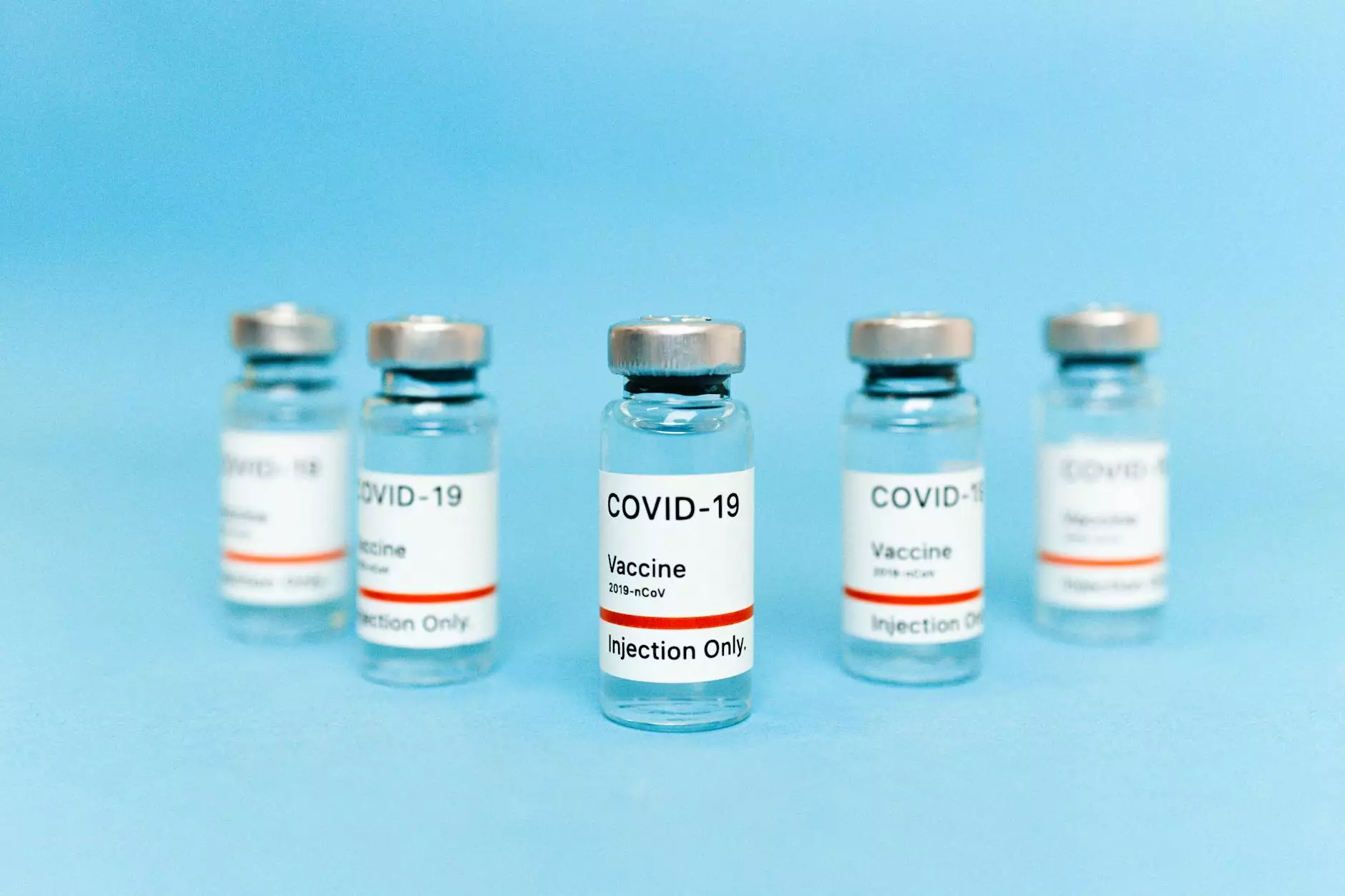The Future of Healthcare: Exploring Mobile Dialysis

As our world evolves, so too does the face of healthcare. One of the most significant advancements we are witnessing is in the realm of mobile dialysis. This innovative approach to treatment not only enhances the quality of care but also improves the patient experience by making essential health services more accessible than ever before. At Odulair Mobile Clinics, we strive to stay at the forefront of this revolution, transforming dialysis into a convenient, efficient, and effective process for patients everywhere.
What is Mobile Dialysis?
Mobile dialysis refers to the provision of dialysis treatments at locations outside of traditional healthcare facilities. This may include mobile clinics or home-based treatments. The primary goal of mobile dialysis is to make it easier for patients with kidney issues to receive the care they need without the burden of traveling to a clinic multiple times a week.
The Importance of Dialysis
Dialysis is a life-saving treatment for individuals suffering from kidney failure. It performs the essential functions of the kidneys, including:
- Removing waste products from the blood
- Regulating electrolytes
- Maintaining blood pressure
- Managing fluid balance in the body
Without timely access to dialysis, patients could face severe health risks, making it crucial to develop solutions that offer both accessibility and reliability.
Why Choose Mobile Dialysis?
1. Enhanced Accessibility
One of the primary advantages of mobile dialysis is its enhanced accessibility. Many patients live in remote areas or may have other health conditions that make traveling difficult. By bringing dialysis directly to patients, we can ensure that more individuals get the treatment they so desperately need.
2. Convenience and Comfort
Receiving treatment in a familiar environment reduces the stress that many patients experience when traveling to clinics. Mobile dialysis allows patients to relax in the comfort of their homes, or they can choose to visit a mobile clinic that is stationed closer to their residence.
3. Personalized Care
With mobile dialysis, providers can better tailor treatments to meet individual needs. A smaller, more personal setup allows for greater flexibility in treatment plans, ensuring patients receive the care that is best for them.
4. Reduced Wait Times
One significant challenge that many dialysis centers face is high patient volume, leading to long wait times. Mobile dialysis mitigates this issue by spreading resources across different locations, thereby reducing congestion in traditional clinics.
How Mobile Dialysis Works
The operation of mobile dialysis can vary depending on the provider, but generally involves:
- Assessing the patient’s needs through medical evaluations
- Transporting necessary dialysis equipment to the patient's location
- Conducting the dialysis procedure under professional supervision
- Offering post-treatment support and guidance
This process ensures that patients receive the same level of care they would receive in a clinic, without the need for traveling long distances.
The Role of Technology in Mobile Dialysis
Technological advancements have been pivotal in the evolution of mobile dialysis. Innovations such as portable dialysis machines enable healthcare providers to conduct treatments virtually anywhere, ensuring that patients have access to the care they require. Moreover, telemedicine integration allows patients to consult with their healthcare professionals remotely, enhancing the overall efficiency of their treatment plan.
The Impact of Mobile Dialysis on Patient Outcomes
Research indicates that patients who have access to mobile dialysis often experience improved health outcomes. Benefits include:
- Increased adherence to treatment regimens
- Lower levels of anxiety and depression due to reduced travel stress
- Better quality of life through personalized and continuous care
As more patients opt for mobile services, healthcare providers are better equipped to monitor their health and adjust treatment plans as needed, paving the way towards superior patient outcomes.
Conclusion
Mobile dialysis is redefining patient care, making treatments more accessible, convenient, and tailored to individual needs. With services like those offered by Odulair Mobile Clinics, the future of healthcare stands poised for transformation. As we move forward, embracing these innovations will be key to providing high-quality medical care that is both affordable and accessible for all.
Frequently Asked Questions about Mobile Dialysis
1. Who qualifies for mobile dialysis?
Most patients who are currently receiving dialysis treatment can qualify for mobile dialysis. A thorough evaluation from your healthcare provider will determine your eligibility based on specific medical criteria.
2. Is mobile dialysis covered by insurance?
Many insurance plans cover the costs associated with mobile dialysis. It’s essential to check with your insurance provider to understand the specifics of your coverage.
3. How do I schedule mobile dialysis services?
Scheduling services is simple. Contact your renal care provider or Odulair Mobile Clinics directly to arrange a convenient time for treatment.
4. What should I expect during the treatment?
The process is similar to standard dialysis treatments, but it takes place in the comfort of your home or a mobile unit. Professional staff will guide you through each step, ensuring your comfort and safety throughout.
5. What equipment is used for mobile dialysis?
Mobile dialysis units are equipped with advanced, portable dialysis machines, ensuring that patients receive the same high-standard care available in traditional clinics.
Contact Us for More Information
If you're looking for reliable information, patient testimonials, or want to learn more about the benefits of mobile dialysis, don't hesitate to reach out to us at Odulair Mobile Clinics. Our dedicated staff is here to assist you every step of the way.









